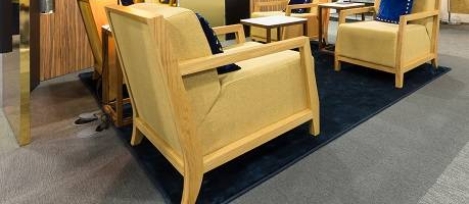July 12, 2016
Major European telecoms firms to drive roll out of 5G across continent 0
 A coalition of twenty major European telecommunications firms has come together to drive the rapid creation of a continent wide 5G network and warn national Governments and the EU of the dangers of over-regulation. The seven page document entitled the 5G Manifesto for timely deployment of 5G in Europe, is backed by firms such as Vodafone, Telenor, Orange, Nokia, BT, Ericsson, Telefonica, Deutsche Telekom, and Hutchison. Its core aim is to showcase the technology on a large scale by 2018 and launch a commercial network capability in at least one city in every EU nation by 2020. The document outlines the features and benefits of the technology but also sets out the potential risks posed by over-regulation, including the possible threat to net neutrality, the principle that Internet service providers should enable access to all content and applications regardless of the source, and without favouring or blocking particular products or websites
A coalition of twenty major European telecommunications firms has come together to drive the rapid creation of a continent wide 5G network and warn national Governments and the EU of the dangers of over-regulation. The seven page document entitled the 5G Manifesto for timely deployment of 5G in Europe, is backed by firms such as Vodafone, Telenor, Orange, Nokia, BT, Ericsson, Telefonica, Deutsche Telekom, and Hutchison. Its core aim is to showcase the technology on a large scale by 2018 and launch a commercial network capability in at least one city in every EU nation by 2020. The document outlines the features and benefits of the technology but also sets out the potential risks posed by over-regulation, including the possible threat to net neutrality, the principle that Internet service providers should enable access to all content and applications regardless of the source, and without favouring or blocking particular products or websites




































June 24, 2016
Property and workplace experts have their say on the Brexit outcome 0
by Mark Eltringham • Architecture, Comment, Facilities management, Property, Workplace, Workplace design
(more…)